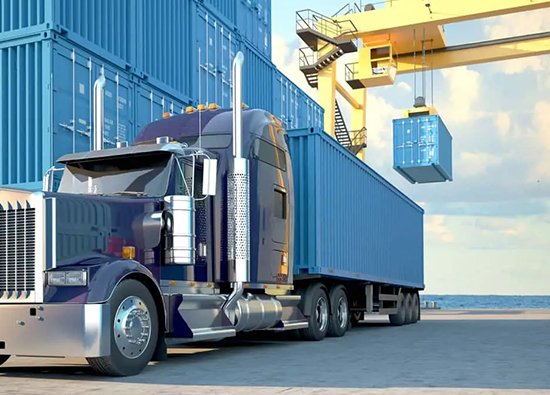

Semi truck insurance is a specialized type of commercial truck insurance designed to protect trucking businesses, owner-operators, and fleet owners from financial losses associated with accidents, theft, and liability claims. This type of insurance is required by law for any commercial trucking operation and ensures that businesses can continue running smoothly in the face of unexpected incidents.
A comprehensive semi truck insurance policy typically includes several types of coverage, such as primary liability, physical damage, cargo insurance, and non-trucking liability. These policies help cover expenses related to vehicle repairs, medical bills, legal fees, and damage to transported goods. Without adequate insurance, trucking businesses may face significant financial setbacks that can impact operations and regulatory compliance.
Additionally, insurers take various risk factors into account when determining coverage, including driving history, the type of cargo hauled, and operational locations. Since the trucking industry operates across state lines and different regulatory environments, choosing the right insurance plan ensures that truckers remain compliant with federal and state laws while protecting their livelihood. Investing in proper semi truck insurance safeguards businesses from potential lawsuits, unexpected losses, and costly downtime, keeping operations moving efficiently.
Operating a semi truck in Hesperia comes with significant responsibilities and risks, making the right insurance coverage essential. Federal and state regulations mandate minimum coverage levels for liability, ensuring that trucking businesses are financially prepared in the event of an accident. Non-compliance with these regulations can result in hefty fines, legal issues, and even the suspension of your trucking authority.
Beyond regulatory requirements, semi truck insurance acts as a financial safety net. Accidents, theft, and cargo damage can lead to costly repairs, medical expenses, and legal claims that could cripple an uninsured business. A well-structured insurance policy helps trucking companies recover quickly, keeping operations running smoothly without unexpected financial strain.
Additionally, having robust coverage builds credibility with freight brokers and clients. Many shippers require proof of sufficient insurance before engaging in business, as it assures them that their goods are protected. Investing in proper semi truck insurance in Hesperia not only safeguards your business from potential losses but also strengthens your reputation in the industry, making it easier to secure contracts and long-term partnerships.

Insurance providers evaluate multiple factors when determining the cost of semi truck insurance. A clean driving record can significantly lower premiums, as insurers view experienced and responsible drivers as lower risk. The value and age of your truck also impact costs, with newer trucks typically requiring more expensive coverage due to higher replacement and repair costs.
The areas where your trucks operate matter as well, with urban or high-traffic regions often leading to higher premiums due to increased accident risks. Additionally, the type of cargo you transport plays a role—hauling hazardous materials or high-value goods can result in higher insurance costs. Finally, your claims history is a major factor; frequent claims suggest higher risk to insurers, potentially leading to increased premiums.
By managing these factors effectively, trucking businesses can reduce their insurance expenses while maintaining adequate coverage.
After an accident, report the incident immediately, gather evidence, and work with your insurer to expedite the claims process.
Filing a claim promptly is crucial to ensuring a smooth resolution and timely payout. As soon as an incident occurs, notify your insurance provider and document the scene with photos, videos, and any witness statements. Providing detailed information, such as police reports and repair estimates, helps speed up claim processing. Insurers will assess the claim based on policy coverage, fault determination, and supporting evidence. The payout process varies depending on the severity of the claim, but keeping open communication with your adjuster and responding quickly to any requests can help avoid delays. Having a clear understanding of your policy’s coverage limits, deductibles, and exclusions ensures that you know what to expect in terms of compensation. By staying proactive and organized, trucking businesses can minimize downtime and financial disruptions after an accident.
